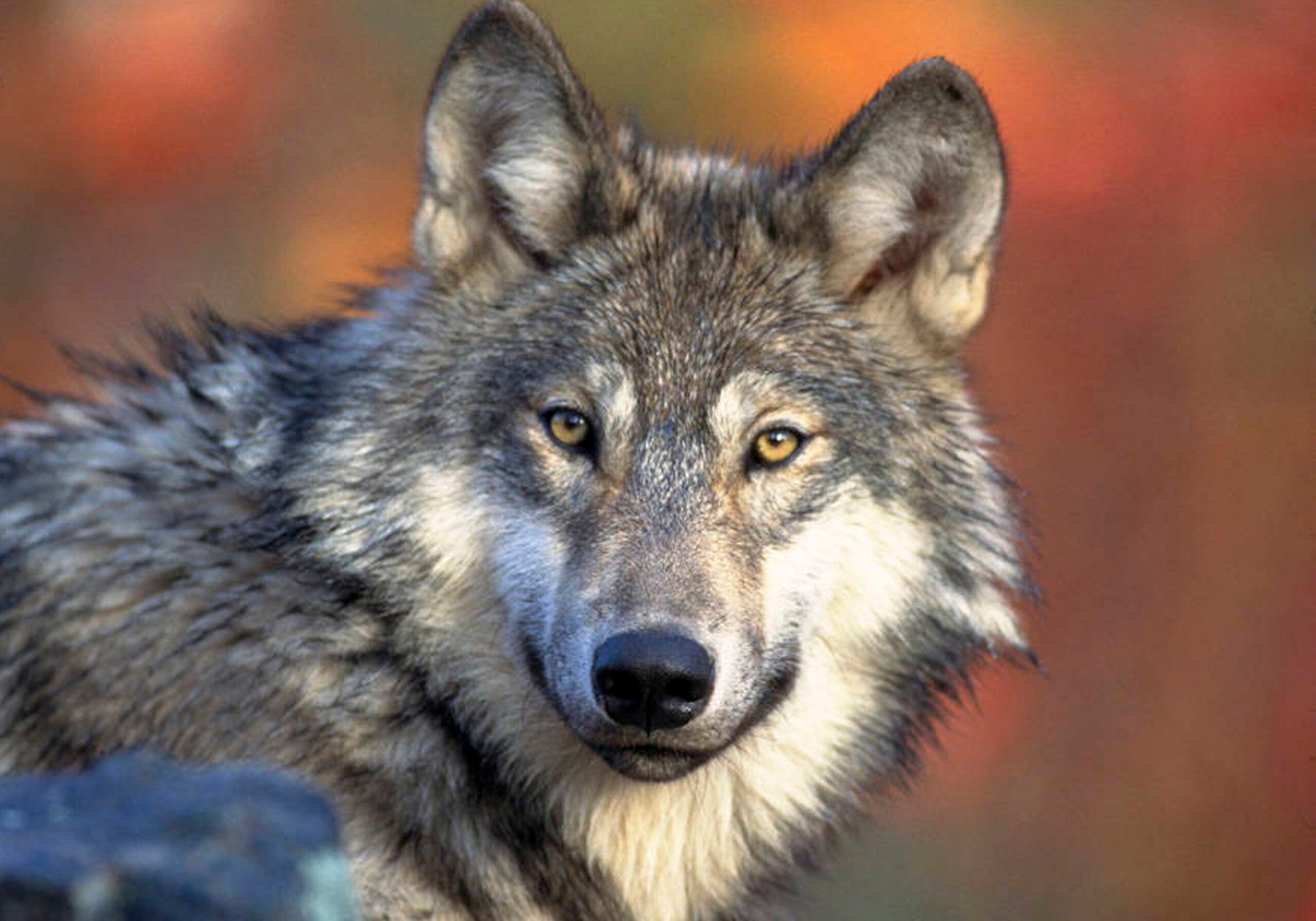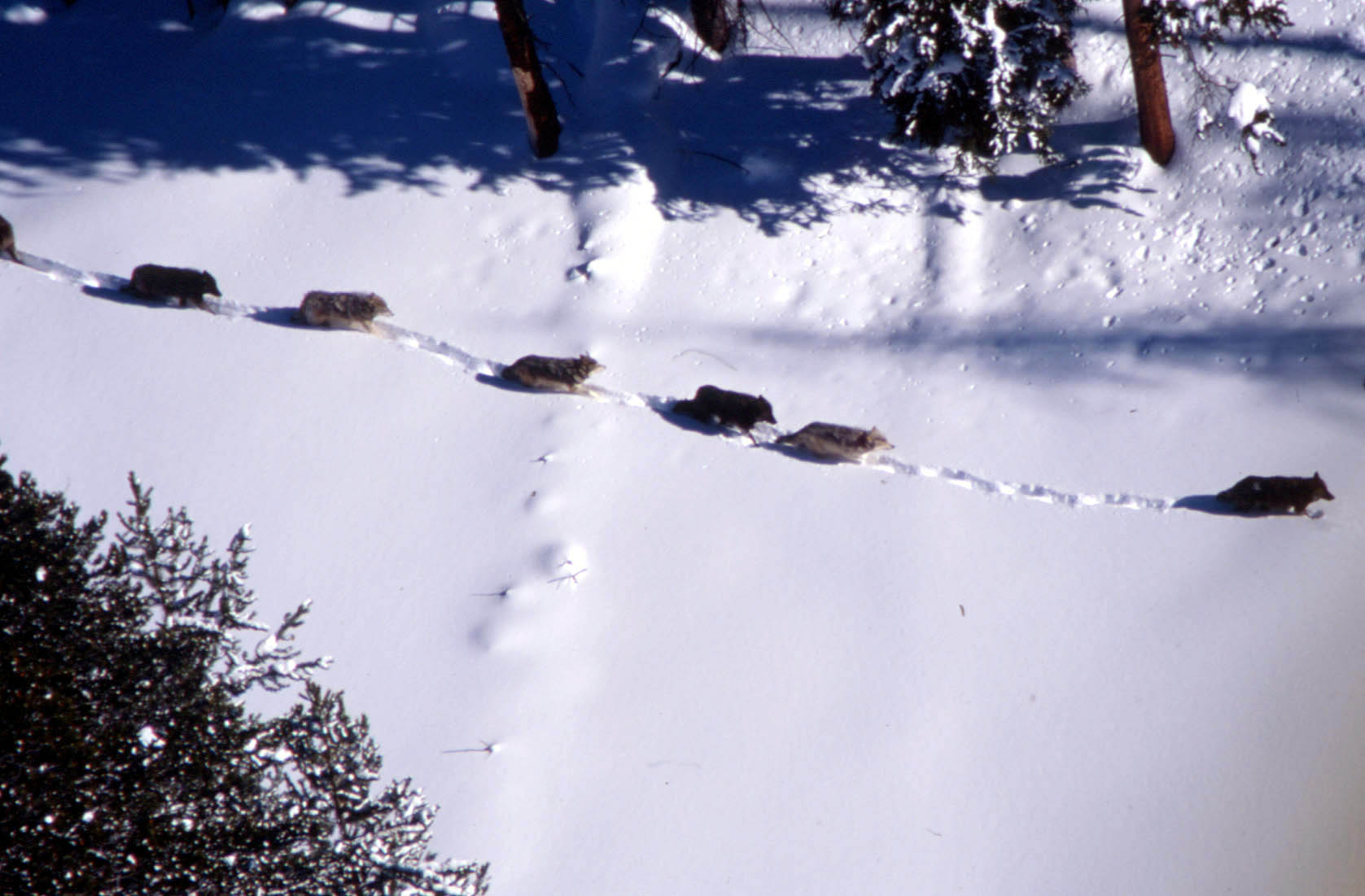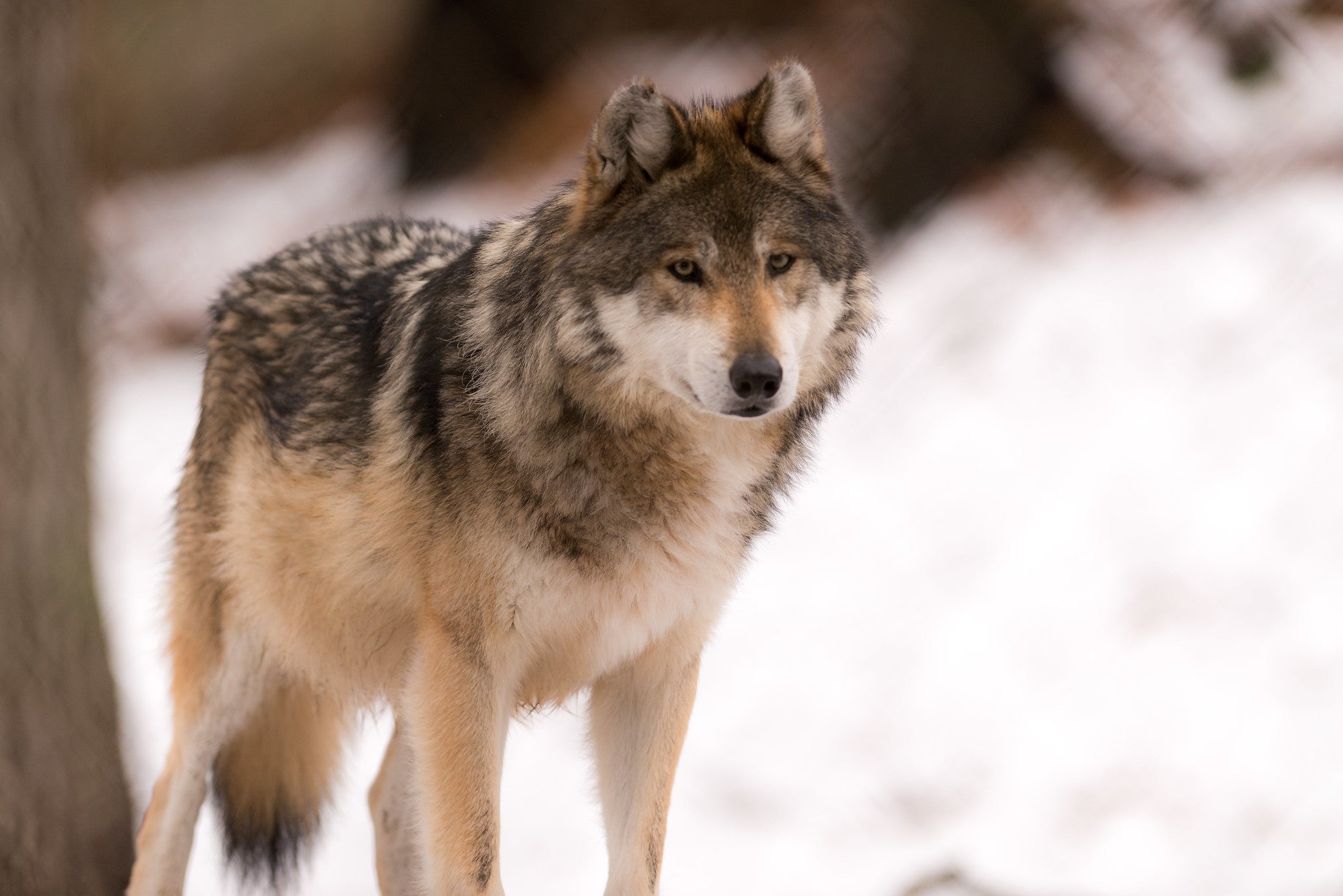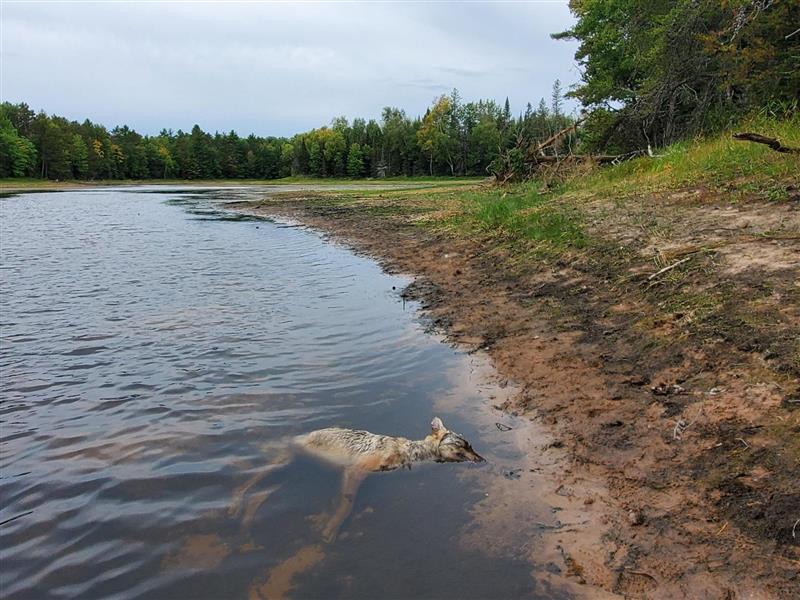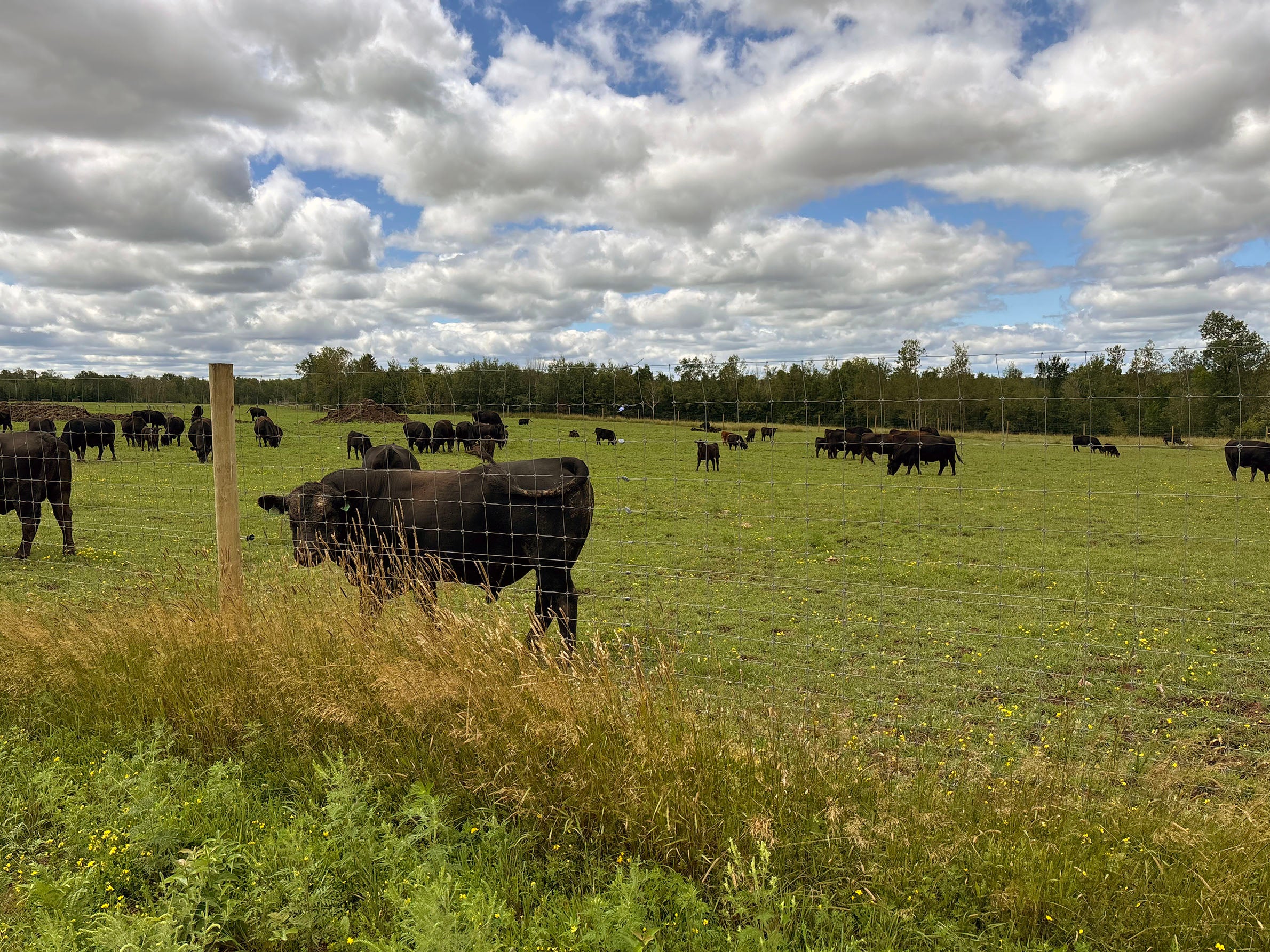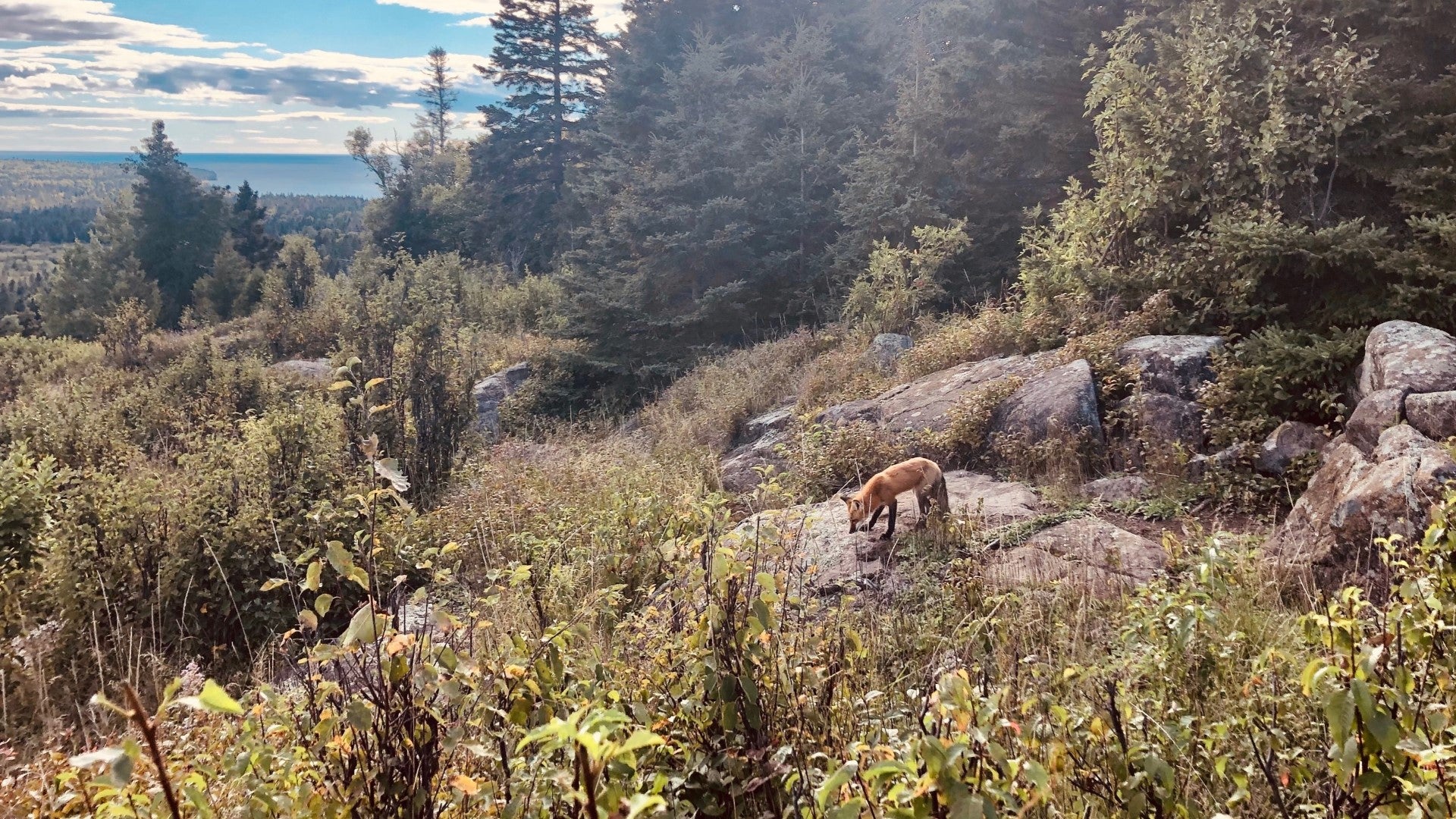Wisconsin researchers issued a paper Wednesday that questions whether governments should kill wolves that are attacking livestock.
Scientists at the Carnivore Coexistence Lab at the University of Wisconsin-Madison’s Nelson Institute for Environmental Studies looked at 230 verified wolf attacks on livestock in the Upper Peninsula of Michigan from 1998 through 2014.
The study concludes that in the 31 cases government wildlife specialists killed the so-called “problem wolves” that did not reduce the risk of attacks on livestock more than non-lethal means, such as hazing or scaring wolves, or trapping and relocating them.
Stay informed on the latest news
Sign up for WPR’s email newsletter.
Lead author Francisco Santiago-Avila said killing wolves may create an elevated risk of attacks on livestock at neighboring farms.
“And this risk is similar in magnitude to the reduced risk at the initial site. So, the effects offset each other to the point where you get no benefit of killing wolves,” Santiago-Avila said.
He adds that the scientists’ theory is that if a predator wolf is killed, others in the wolf pack disperse, “and when you break that family unit, those wolves may just go for easier prey, and that means livestock in a lot of ways.”
Santiago-Avila recommends governments help farmers make more use of guard dogs to protect livestock, or hang strips of colored fabric on a rope to deter wolves from crossing fences — a technique called fladry.
As long as the gray wolf in the western Great Lakes region is on the federal endangered species list, only government specialists can kill problem wolves.
Santiago-Avila and his graduate studies professor, Adrian Treves, say they regard their conclusions as preliminary. The Little River Band of Ottawa Indians in Michigan collaborated with UW-Madison on the study.
The paper is published in the peer-reviewed online journal PLOS ONE.
Wisconsin Public Radio, © Copyright 2025, Board of Regents of the University of Wisconsin System and Wisconsin Educational Communications Board.
